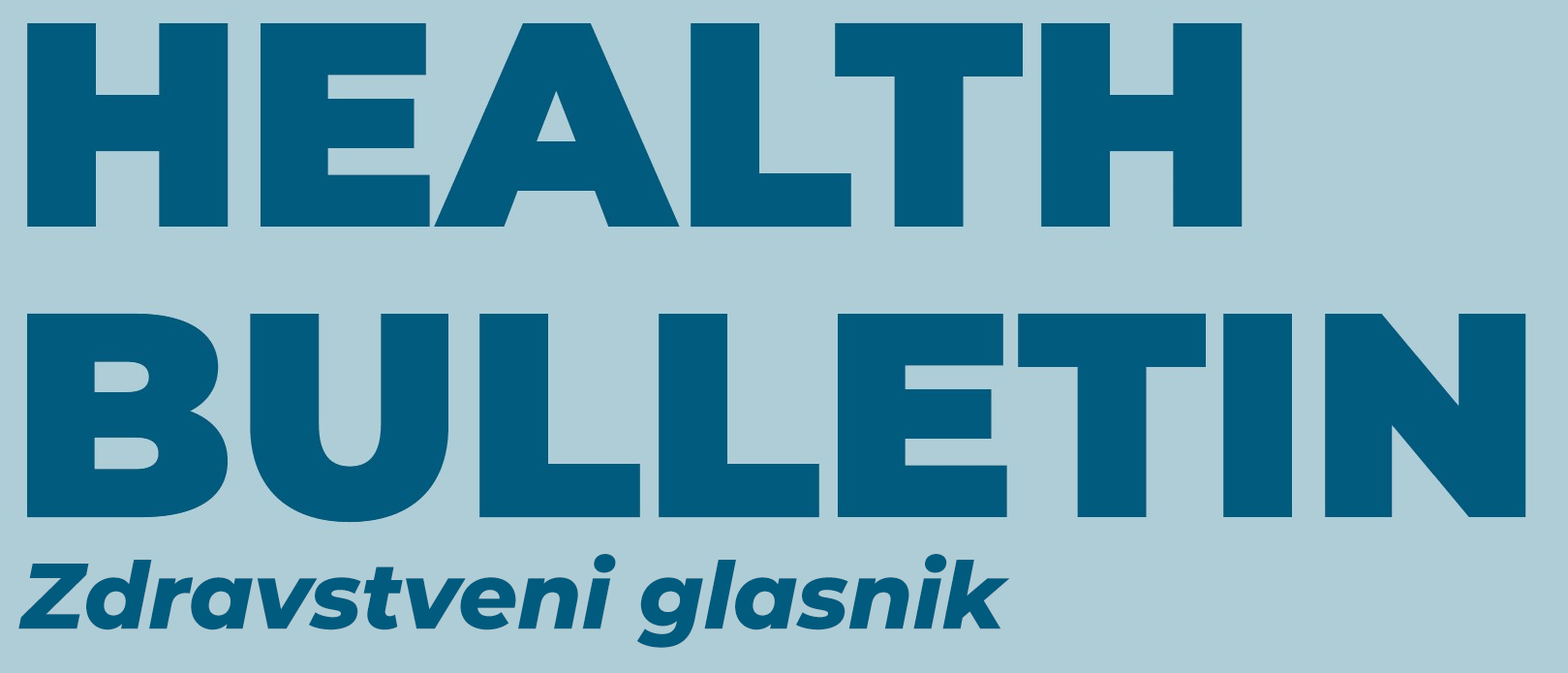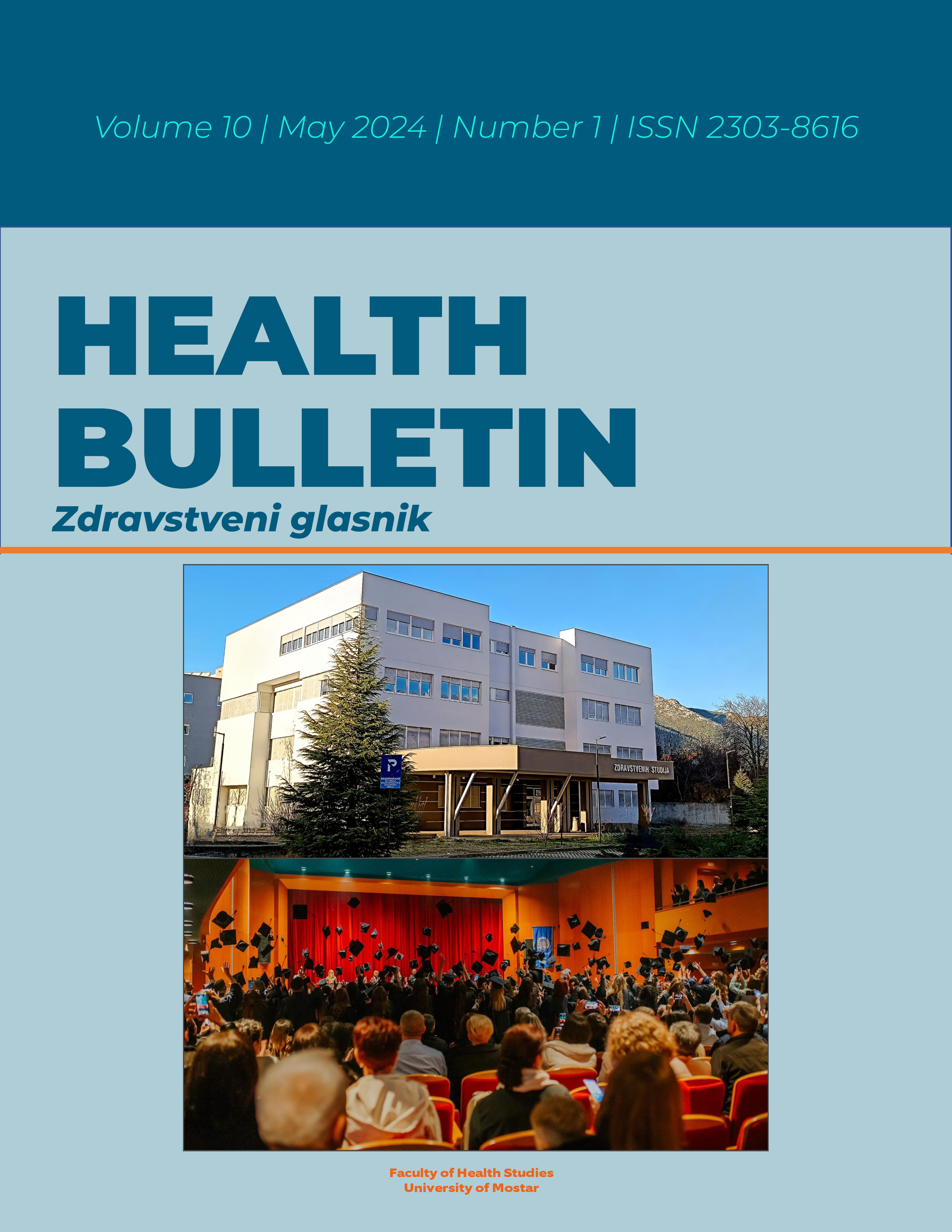THE RELATIONSHIP BETWEEN PARENTAL BEHAVIOR AND UPBRINGING OF UPPER ELEMENTARY SCHOOL CHILDREN
Keywords:
connection, parental behavior, upbringing of children, elementary schoolAbstract
Introduction: The roles of father and mother strive for equality in educational activities. However, they are different in terms of parental behaviors that are discussed in this study as well as in terms of circumstances of intrusive behavior and professional education, where differences in their inductive reasoning were determined.
Objective: Examine the relationship between parental behavior and the upbringing of children in upper grades of elementary school.
Method: The research was conducted in Kamen-Šine elementary School, Split, the Republic of Croatia. 102 respondents-parents participated in the research, 16.7% of whom were fathers and 82.4% were mothers, while one person did not declare the type of gender (male of female). The instrument used for the purposes of the research was the Parental Behavior Questionnaire URP29.
Results: The research showed that there was a statistically significant difference in intrusiveness between fathers and mothers. Mothers showed significantly more intrusive behavior compared to fathers, but on the other hand, no statistically significant difference in punishment was found due to parents' gender. No statistically significant difference was found in warmth, autonomy and parental knowledge with respect to the level of education, while a statistically significant difference was found in inductive reasoning with respect to the level of education. Parents with a secondary education level showed significantly more inductive reasoning compared to parents with a higher education level. No statistically significant difference was found between the other groups.
Conclusion: Mothers have more control over their behavior and the imposition of it, while fathers are more flexible in raising their children. Parents with secondary education level provide their children with greater support and the possibility of choice. Parental education that is full of care and love will enable the healthy development of children.
















